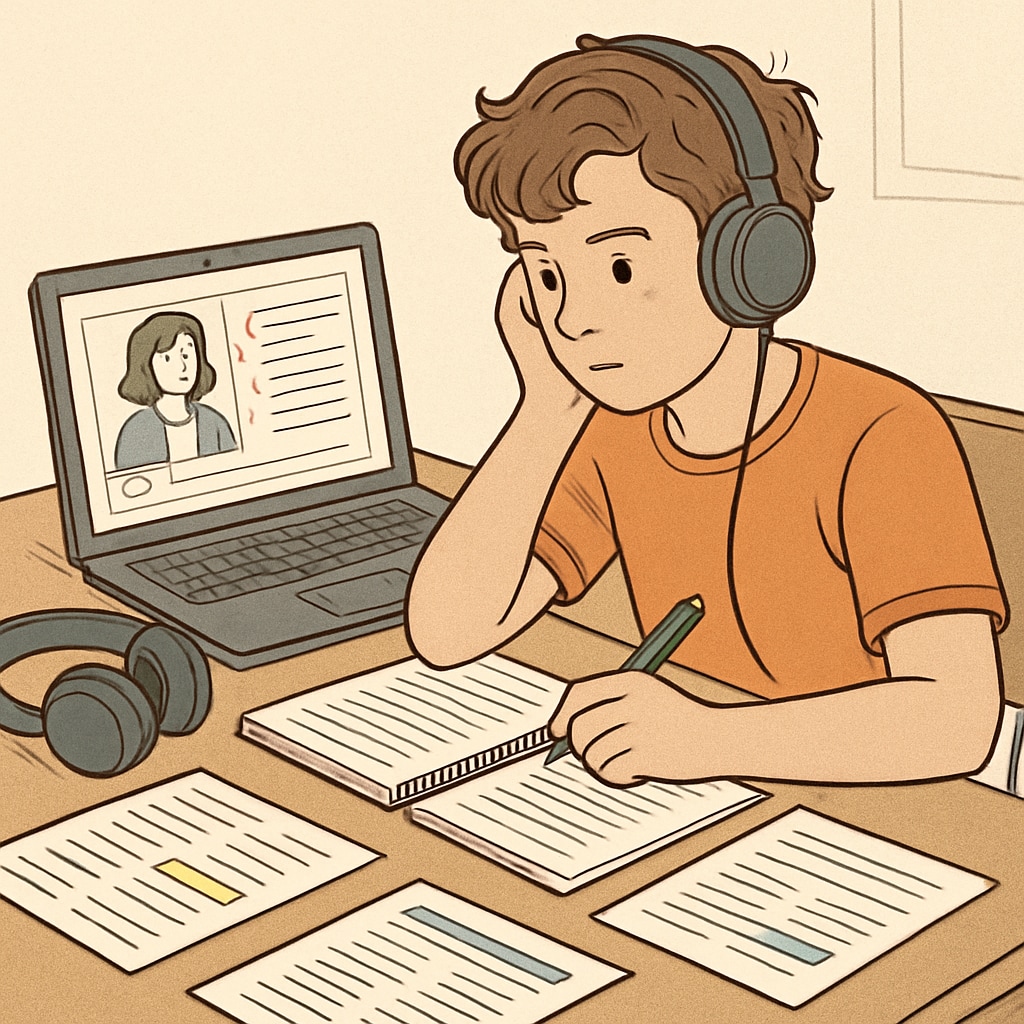Struggling with high school credits, ADHD, academic recovery can be an overwhelming challenge, especially when graduation feels out of reach. For students with ADHD (Attention-Deficit/Hyperactivity Disorder), traditional approaches to learning and time management might not work as effectively, leading to credit shortages and academic delays. However, with tailored strategies and proactive planning, it is possible to recover lost credits, stay motivated, and graduate on time.
Understanding the Problem: Why ADHD Makes Credit Recovery Unique
ADHD presents specific challenges that can impact academic performance, such as difficulty focusing, procrastination, and struggles with organizational skills. These hurdles often lead to missed assignments, poor grades, and ultimately, a shortage of credits needed for graduation. Recognizing these obstacles is the first step in overcoming them.
For example, ADHD students may benefit from alternative learning methods, such as breaking tasks into smaller steps or incorporating regular movement breaks. By addressing the root causes of academic delays, students can begin to rebuild their credits more effectively.

ADHD-Friendly Strategies for Credit Recovery
Recovering high school credits requires a combination of practical steps and ADHD-specific adaptations. Below are actionable strategies:
- Work with school counselors: Schedule a meeting to discuss the credit recovery options available, such as summer classes, online courses, or after-school programs.
- Create a personalized study plan: Use ADHD-friendly tools like visual planners, timers, and apps to break down assignments and track progress.
- Utilize online resources: Platforms like Khan Academy (Khan Academy on Wikipedia) or Coursera offer flexible courses that can help rebuild credits efficiently.
In addition, students should focus on establishing consistent routines, such as designated study times and regular breaks to avoid burnout.

Time Management Tips for ADHD Students
Effective time management is essential for credit recovery, but it can be especially challenging for students with ADHD. Here are some tips to stay on track:
- Use visual timers: Tools like Pomodoro timers help ADHD students stay focused during short bursts of work.
- Set realistic goals: Break credit recovery tasks into smaller milestones to avoid feeling overwhelmed.
- Prioritize self-care: Ensure enough sleep, exercise, and nutrition to maintain energy and focus.
For further insights into ADHD and time management, consider reviewing resources from reputable organizations like ADDitude Magazine, which offers expert tips tailored for ADHD individuals.
Maintaining Motivation and Communication
Staying motivated during credit recovery can be tough, especially if ADHD-related challenges persist. Positive reinforcement and regular communication with teachers, counselors, and parents can make a significant difference. Here are some ways to keep momentum:
- Celebrate small wins: Reward yourself for every milestone achieved, whether it’s completing a course or improving a grade.
- Build a support network: Lean on friends, family, or ADHD support groups to stay encouraged throughout the journey.
- Communicate openly: Regularly update your teachers or counselors about your progress and ask for accommodations when necessary.
By combining tailored strategies with consistent effort, ADHD students can regain control of their academic path and achieve graduation success.
Final Thoughts on ADHD Credit Recovery
Recovering lost high school credits while managing ADHD is undoubtedly challenging, but it is far from impossible. With proactive planning, structured routines, and ADHD-friendly resources, students can rebuild their academic standing and graduate on time. Remember, the journey is not about perfection but persistence.
If you’re an ADHD student struggling with credit shortages, start by taking small, manageable steps today. Reach out to your school, explore online learning options, and develop a personalized plan that works for you. Graduation is attainable—you’ve got this!
Readability guidance: This article uses short paragraphs, lists, and actionable tips to ensure accessibility. ADHD-friendly tools and resources are introduced in a structured way, keeping the content clear and motivating.


